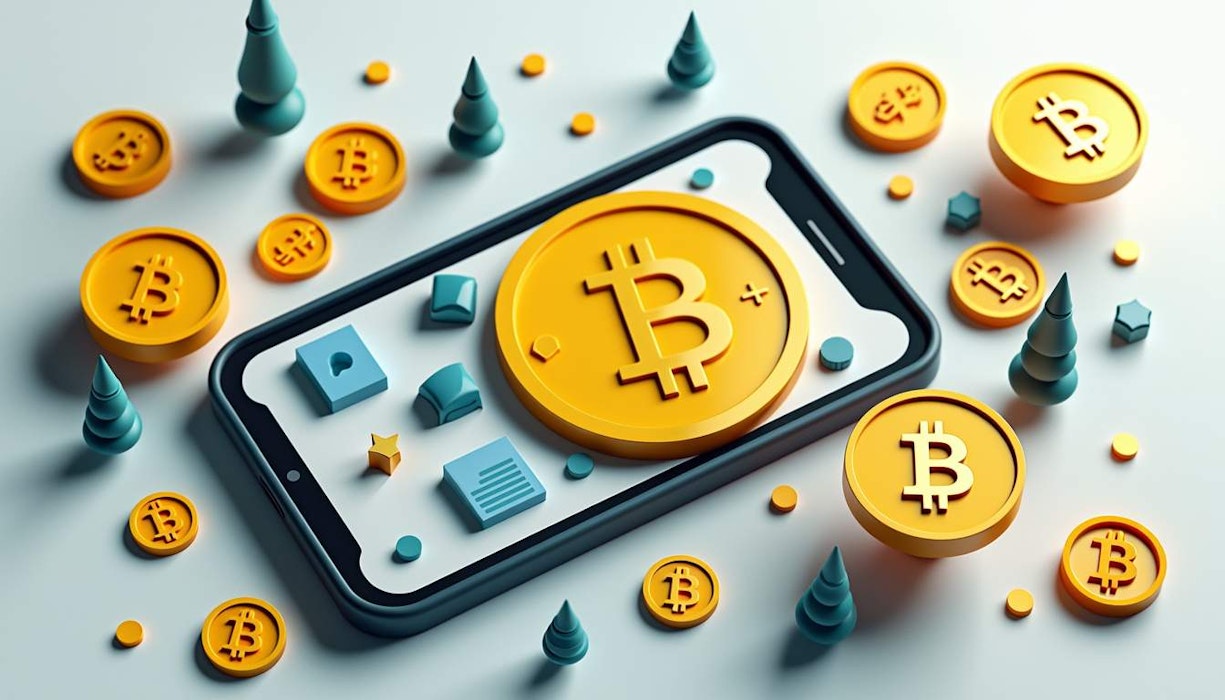South Korea is making waves again in the crypto scene. The Financial Services Commission (FSC) has given the green light to set up a Digital Asset Protection Foundation. This nonprofit's mission? To safeguard our crypto assets from those pesky defunct exchanges. With so many platforms closing down lately, this seems like a necessary step. But here's the kicker: can a centralized entity really protect us in a space that's all about decentralization?
The Need for Protection
Let's face it, things have been rough out there. Ten out of twenty-two local exchanges have shut their doors, and three more are on pause. The FSC must've looked at that number and thought, "We need to do something." Enter the Digital Asset Protection Foundation, set to launch next month. Its main job will be to recover and hold onto our virtual assets from these closed platforms.
But wait—aren't we supposed to be in control of our own assets? That's one of the core tenets of crypto!
How Will It Work?
The foundation plans to act as an intermediary (oh, the irony) between users and financial institutions. Basically, they're going to hold onto our stuff while they figure out how to get it back from those failed exchanges. They say they'll keep cash deposits with banks and use authorized exchange providers for any crypto holdings.
But here’s where it gets tricky: recovering assets from closed exchanges is no walk in the park. According to the FSC, one major hurdle is that many of these platforms are ghost towns—no operators left, no one to talk to.
IMF Weighs In
Interestingly enough, even the International Monetary Fund (IMF) has chimed in on this situation. They pointed out that the so-called decentralization promised by cryptocurrencies often turns out to be just a mirage. Most crypto systems centralize power eventually—just look at how voting rights stack up in decentralized autonomous organizations (DAOs). And let’s not forget about those few software developers who basically run everything.
So here we are: a foundation created by a government body using centralized methods to manage what was designed as decentralized currency.
Is Centralization Really So Bad?
Now don’t get me wrong; I’m not entirely against centralization. Sometimes you need someone or something stable when chaos reigns around you—like a parent holding your hand while crossing a busy street.
Take asset protection trusts as an example; they require some form of centralized management structure just so everyone knows who has access to what keys and wallets.
The Nonprofit Dilemma
Here's another layer: when nonprofits accept crypto donations (which they often do), they usually go through some kind of intermediary service that converts those donations into fiat currency faster than you can say “blockchain.” So even if these organizations wanted to stay pure and decentralized, they'd be forced into some level of centralization just for operational efficiency.
Summary: A Double-Edged Sword?
At the end of the day, maybe it's okay that South Korea's Digital Asset Protection Foundation isn't fully decentralized—it might actually serve its purpose better this way.
Still leaves me with questions though:
Will it really help restore confidence among users? Isn't there an inherent contradiction in its existence?
